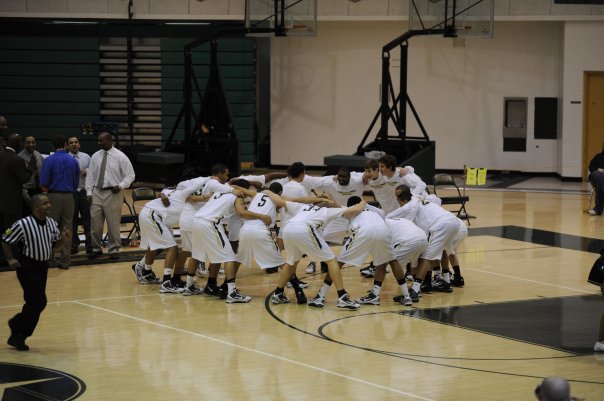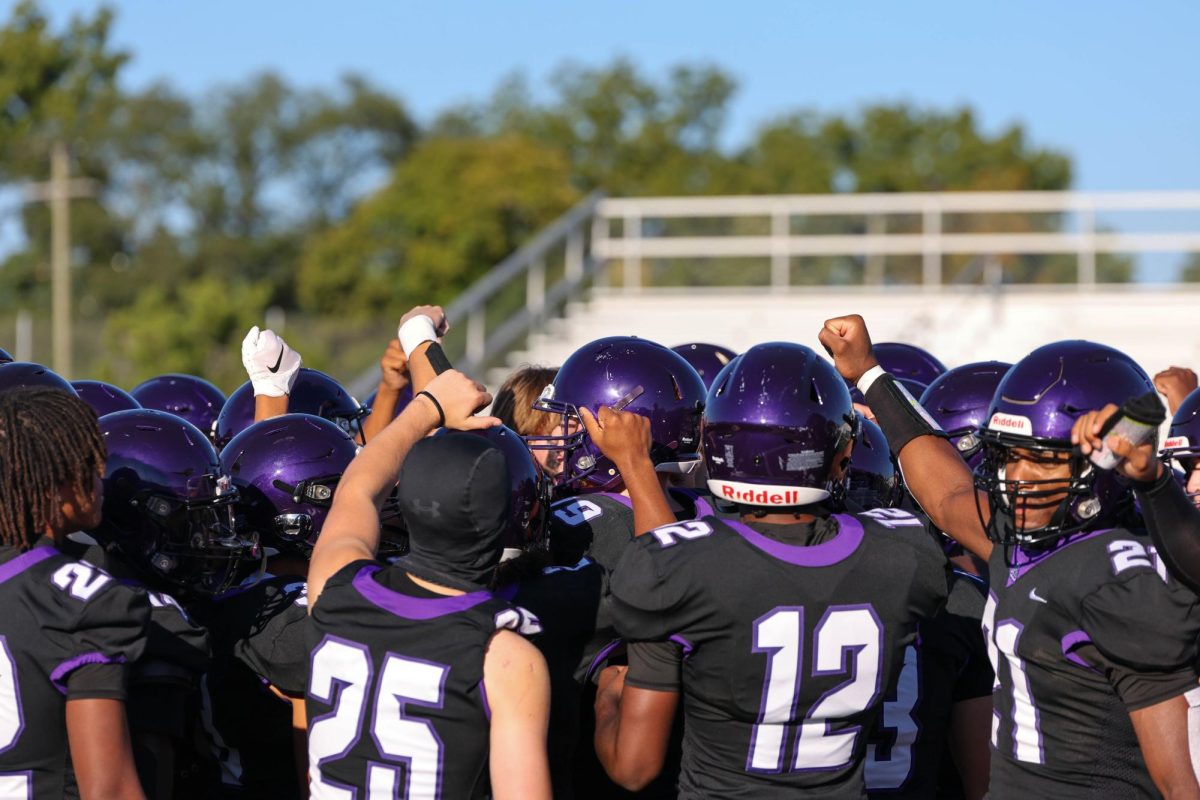
Students across the globe strive for academic achievement in today’s adolescent world. From colleges and counselors to parents and friends, the pressure on students to excel is monumental. And there is a great deal of advice being thrown at these students from all angles — better study habits, SAT prep classes, structuring one’s time — the list goes on. But very few counselors and parents direct their kids to athletics when the going gets tough.
It seems like sports would negatively affect schoolwork. They limit a person’s time, cutting down the possible amount of time to do homework. Some would say that sports can distract a high school student from his or her work and provide students with bad influences.
However, studies have linked athletic participation to more success in the academic world. For example, in 2002, the California Department of Education studied 954,000 students in grades five, seven and nine. The CDE tested fitness abilities and had the students take a standardized test. The study showed a “distinct and linear correlation” between fitness levels and academic performance.
Waleed Samaha works as at Huron High School as a social worker and the basketball coach. Samaha agrees with these studies that link athletics to academic achievement. “[Athletic participation] helps regiment a schedule… If you’re practicing three hours a day after school, that leaves you a short window to study, as opposed to the student who’s going home and has six, seven hours. They procrastinate and they don’t quite get to the things they need to get to.”
Andrew Cocke, from the Society of Neuroscience, gave some insight as to why fitness itself, not necessarily participating in organized sports, is linked to academic achievement: “A trio of studies presented at the 2001 Society for Neuroscience Conference suggest that regular exercise can improve cognitive function and increase levels of substances in the brain responsible for maintaining the health of neurons.”
However, this correlation is not limited to studies. In fact, several students and CHS agree that their academic performances have been positively influenced by higher levels of fitness. Eamonn O’Foighil, a senior at CHS, began to do better in school after he started taking personal fitness, last semester.
“I feel more alive and less stressed… I feel good for the rest of the day. My grades also went up since I was more active mentally.” O’Foighil went on to say, “From my experience, I just felt better and had a more positive mood throughout the day.”
Robbie Stapleton, the teacher of O’Foighil’s personal fitness class, believes that pushing oneself in terms of fitness can transfer into other areas of life. “[Students] that push themselves harder than they’re used to pushing themselves have then something to draw on… There is something about asking yourself to do something difficult and achieving it that leads into every other area of life.”
It seems like many in the Ann Arbor Public Schools believe wholeheartedly that fitness and athletics are important to academic achievement. From teachers and coaches to students, many are in agreement about the role of athletics in affecting academics, and it is definitely a positive influence.
Jesse Buchsbaum can be reached for questions and comments at jessebu@gmail.com.










